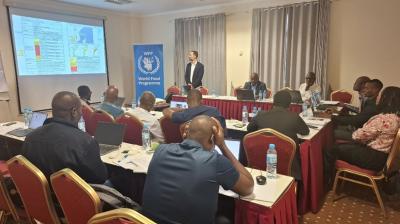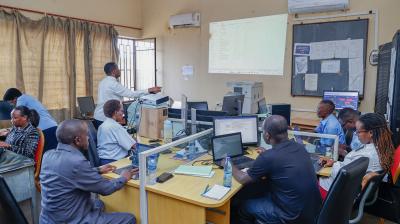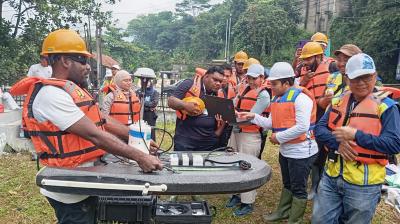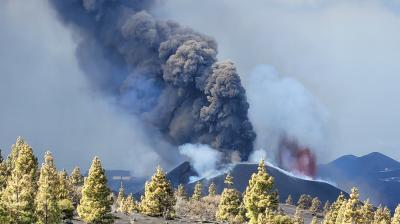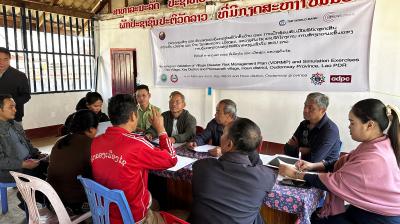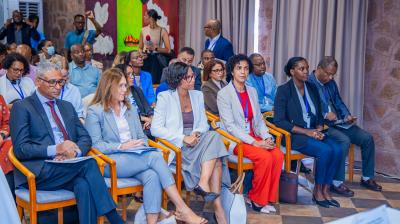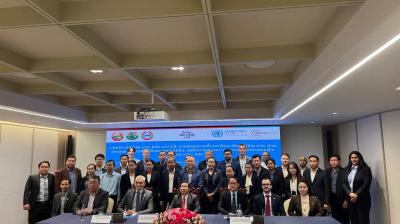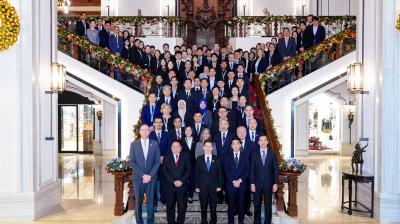WMO welcomes G20 Summit Declaration on Early Warnings For All
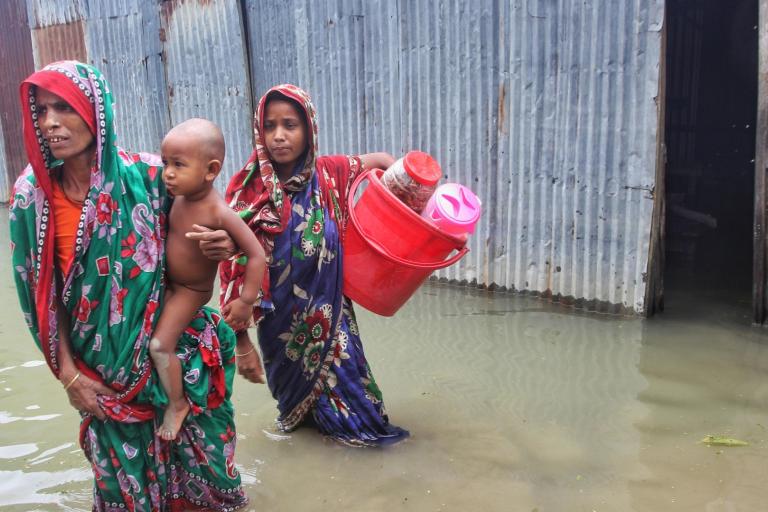
The G20 summit hosted by South Africa – the first in an African country - reaffirmed the importance of the Sendai Framework for Disaster Risk Reduction 2015–2030 and strong linkages with the 2030 Agenda for Sustainable Development, the United Nations Framework Convention on Climate Change (UNFCCC) and the Paris Agreement. We further underscore the need to accelerate progress in the implementation of these frameworks, particularly in Africa.
“We reiterate the urgent need to protect all countries through universal coverage of early warning systems and highlight the importance of the call for the implementation of the UN Early Warnings for All Initiative by 2027,” said the G20 South Africa Summit Leaders Declaration, which commended South Africa for launching its roadmap under the initiative.
The milestone declaration recognizes the fundamental importance of early warning systems in the face of increasingly extreme weather, and underscores the importance of sustained investment to build resilience.
For WMO, it is the culmination of sustained engagement throughout the 2025 G20 cycle under the leadership of the South African Presidency. During this period, the WMO contributed technical expertise, climate data, and policy-relevant insights to support discussions on climate-resilient health systems, early warning services, and the integration of climate information into global health and development agendas.
“WMO greatly welcomes the G20 Summit Declaration and we commend the leadership of the South African government. WMO stands ready to support all countries through science, innovation, solidarity and capacity development to ensure that no community is left unprotected,” said WMO Secretary-General Celeste Saulo.
Resilience is at the heart of the Early Warnings for All initiative launched by Mr Guterres in 2022 to ensure that everyone has access to life-saving early warnings by 2027. It is now at the half-way stage and is co-led by WMO and UNDRR, in partnership with the International Telecommunications Union and International Federation of Red Cross and Red Crescent Societies.
Celeste Saulo issued a Call to Action on Early Warnings For All at WMO’s Extraordinary Congress in October on 20 October, opened by a ministerial-level event, to accelerate Early Warnings for All and to strengthen commitment, partnerships and financing to make it a reality.
“The good news is that we have made great progress. Early Warnings for All is now more than an initiative. It is a brand for global solidarity,” said Celeste Saulo.
The G20 Summit declaration amplifies the declaration in October of the G20 Ministerial on Disaster Risk Reduction Working Group, which gave strong recognition to the need for multi-hazard early warnings and the essential role of National Meteorological Hydrological Services as the authoritative warning provider.
The WMO engagement aimed to highlight the EW4All Initiative, foster meaningful discussion on technical cooperation, financing efforts, strengthen ambitions and understanding around early warning systems needs and priorities.
The WMO expresses its sincere appreciation to all experts who actively contributed to this process, as well as to the Climate Risk and Early Warning Systems (CREWS) Initiative for its continuous support across the 2025 cycle. Their collaboration was instrumental in strengthening the WMO’s role and ensuring that hydro-meteorological and climate services remained central to G20 deliberations.


